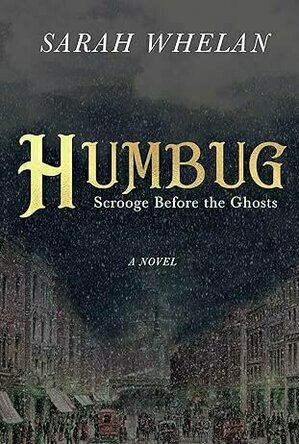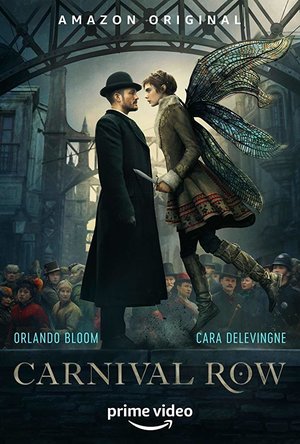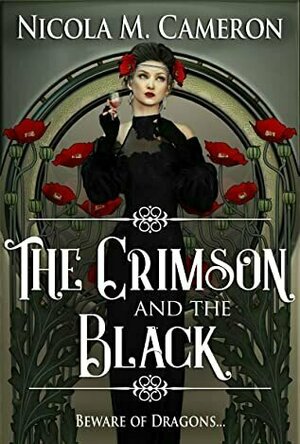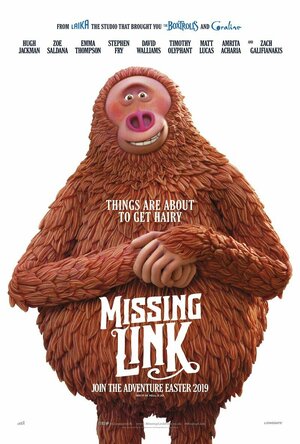Debbiereadsbook (1669 KP) rated Humbug: Scrooge Before the Ghosts in Books
Nov 30, 2024
Ok, 2 things: First I've read of this author, and first I've listened to of this narrator. These two things are intertwined.
I really enjoyed this reworking of A Christmas Carol by Charles Dickens. It takes us on a more indepth and more deliciously different path that follows Scrooge from the very beginning. I'm not going to go into the storyline too much, but for spoilers, but suffices to say, I really enjoyed the path this took.
The way Whelan builds the world around Scrooge, and gets over the descriptions of the places and the peoples he comes across, is astounding and I could see myself sitting there with Scrooge. Loved the descriptions of everything.
Charles Robert Fox narrates.
Now, for the most part, narrators have American accents, and there is nothing wrong with that but I am so very glad that this narrator was used for this book. His accent is very VERY English and fits in the Victorian England setting so beautifully! He uses a much OLDER voice for Scrooge, when talkignt ot he ghosts, than he does when he is telling his story, and I love that the voice ages as the story goes on.
It goes without saying, that my enjoyment of this book would be very different had I read it, or had a different narrator been used.
I'd like to read more of this author and listen to more of this narrator's work.
4 stars for the book
4 stars for the narration
*same worded review will appear elsewhere

The British Constitution
Book
In the latter part of the nineteenth century Walter Bagehot wrote a classic account of the British...

Alfred the Great: Pocket Giants
Book
'Alfred is one of the most remarkable rulers of any time or place. This clear, readable and...
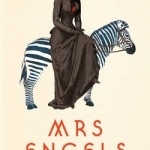
Mrs Engels
Book
Longlisted for the Guardian First Book Award Love is a bygone idea, centuries-worn. There are things...
Erika (17789 KP) rated Carnival Row - Season 1 in TV
Sep 8, 2019
Anyway, the world was interesting, and it was a Steampunky-Victorian mash up. It was also very predictable, I had everything figured out completely by the 6th episode. The script wasn't that great, and good god, Cara Delevigne cannot act her way out of a wet paperbag. The main draw, for me, was Orly. He seemed to be the best actor out of all of them. There was one story line that I'm not sure was strictly necessary, involving the Spurnrose family, and that obnoxious actress that played Catherine Howard in the Tudors. There was also another strange plot line that seemed a little off, because it wasn't introduced with enough detail. There was also unnecessary T&A that I think just slowed down the show in general. I don't like T&A scenes in general, because they're hardily every relevant to the overall story. I just feel like the streaming platforms are trying to be like HBO. This show would have benefited from not having it, because it could have brought in a younger demographic as well as the adults.
I'm glad this was already renewed for a second season, because they left it as a cliffhanger. I wanted more about these different magical races and their country of origin.
Merissa (13792 KP) rated The Crimson and the Black (Hidden Empire #2) in Books
Mar 25, 2022 (Updated Jun 30, 2023)
Still set in the same timeline, this time we find out more at Henry's Maker, Fyodora. She has a long and, sometimes tragic, backstory that we learn as we go along. Nearing one thousand years old, she finds herself getting bored easily so readily agrees to help with a nasty kidnapping and sex slave/wife ring. On the hunt for his lost cousin, Callum is one of the few dragon shifters left. When they meet, sparks fly with an instant attraction that is not acted upon due to circumstances. Delayed gratification, anyone?
As always, this was a brilliant story that held my attention from beginning to end. I loved how Fee and Callum worked together. They were honest and communicated well - even going so far as to apologise when they were in the wrong! *gasps with shock!*
Whilst hot in places, this is more about the connection between the two of them, and the lost selkies. There are a multitude of characters I want to know more about, so I'm hoping for many more books in this series.
A fantastic addition to the series that I have no hesitation in recommending. Just one question though - why was Callum black, not red?!
Read it!
** same worded review will appear elsewhere **
* A copy of this book was provided to me with no requirements for a review. I voluntarily read this book, and the comments here are my honest opinion. *
Merissa
Archaeolibrarian - I Dig Good Books!
Mar 23, 2022
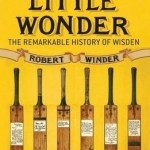
The Little Wonder: The Remarkable History of Wisden
Book
John Wisden, at his peak known as 'The Little Wonder', was a key member of the England cricket team...
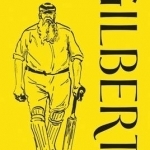
Gilbert: The Last Years of W. G. Grace
Book
There are few more instantly recognisable figures, from any era, from any walk of life, than W.G....
Lee (2222 KP) rated Missing Link (2019) in Movies
Jan 21, 2020
Missing Link is set in Victorian England and tells the story of Sir Lionel Frost (voiced by Hugh Jackman), an adventurer with a passion for exploration and the discovery of mythical creatures. When we first meet Sir Lionel, he is on a small boat with his assistant, hoping to obtain photographic evidence of the existence of the elusive Loch Ness monster. Such evidence would hopefully grant him membership to the exclusive "Society of Great Men", which is run by Lord Piggot-Dunceby (Stephen Fry). Unfortunately, despite Nessie making an appearance to Frost, things don't quite go according to plan and he returns home without any evidence. And in need of a new assistant!
Another shot at entry into the society comes in the form of a letter, which is addressed to Frost on his return home to London. The letter describes the legendary Sasquatch and tells of sightings in the Pacific Northwest so Frost immediately makes a deal with Piggot-Dunceby that will see him accepted should he return with proof that the Sasquatch is real. But Piggot-Dunceby has no such plans to admit Frost and enlists the services of an assassin (Timothy Olyphant) to follow and eliminate him before he gets chance to make it back to England.
When Frost eventually arrives in the forest, he not only discovers the Sasquatch, but also that the Sasquatch can talk and was in fact the one who sent the letter! Sir Lionel names him "Mr. Link" and learns that he just wanted his help in finding his relatives, the Yetis who live in the Himalayas. They join forces and set off, back across America, across the Ocean and across Europe, all the while trying to avoid and outwit the deadly assassin.
Missing Link is more vibrant, more detailed and exhibits a much smoother animation style than any of the previous movies from Laika. It is an outstanding achievement from everyone involved and I am always in awe whenever I see the behind the scenes making of videos from Laika. However, despite looking amazing and featuring some very funny moments from a talented and on-form voice cast, I found Missing Link to the be the weakest in terms of story when compared to Coraline and Kubo. It's certainly not a bad movie, it just didn't grab me at any point, and I didn't feel it was particularly memorable when I'd finished it either.
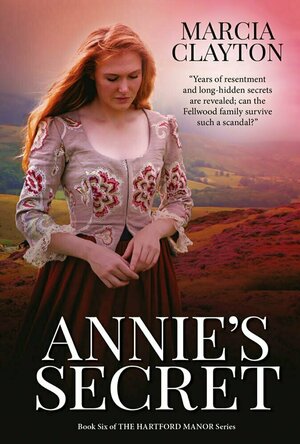
Annie's Secret (Hartford Manor #6)
Book
1887, North Devon, England When Lady Eleanor Fellwood gave birth to a badly deformed baby, she...
Historical Fiction Victorian Family Saga Historical Romance
